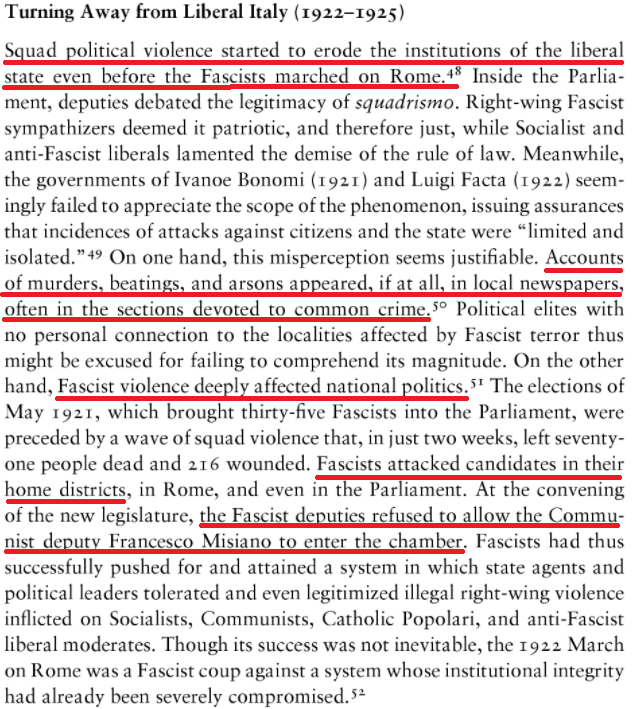
This is an amazing story. In 1912, Greek soldiers took an island from the Ottoman Empire. The soldiers were thinking that the inhabitants were Greek, but the local kids said "No, we are Romans".
And they were Romans... from the former Roman Empire. 1/6
And they were Romans... from the former Roman Empire. 1/6

In the West, we date the end of the Roman Empire to around 476BC. But the "Eastern" Roman Empire persisted and its people *were* Romans. This Roman identity persisted even after the fall of Constantinople in 1453. 2/6 

This is the extent of the Roman Empire in 555BC. It still included Rome! And it continued to include the city until the 8th century.
Rome had not been the capital of the Empire for a long time and losing Rome did not change their self-identification as "Romans". 3/6
Rome had not been the capital of the Empire for a long time and losing Rome did not change their self-identification as "Romans". 3/6

After the fall of Constantinople, the persistence of the Roman identity was reflected in the name given to the area in the Ottoman Empire: Rumelia, the "land of the Romans". 4/6
en.wikipedia.org/wiki/Rumelia
en.wikipedia.org/wiki/Rumelia

It is a fascinating tale of the persistence of an identity through the ages. Even though being Roman in 1912 was not the same as being Roman in 54BC, there are links from generations to generations between the Romans of the past and these children who identified as Romans. 5/6
It is striking how the history of this Roman Empire, speaking Greek, is ignored in the West.
Shout-out to @byzantiumcast's great podcast, where I heard the story of the 1912 Roman children for the first time. 6/6
thehistoryofbyzantium.com
Shout-out to @byzantiumcast's great podcast, where I heard the story of the 1912 Roman children for the first time. 6/6
thehistoryofbyzantium.com
* with correction
476BC and 555BC
Were obviously 476AD and 555AD
476BC and 555BC
Were obviously 476AD and 555AD
• • •
Missing some Tweet in this thread? You can try to
force a refresh













